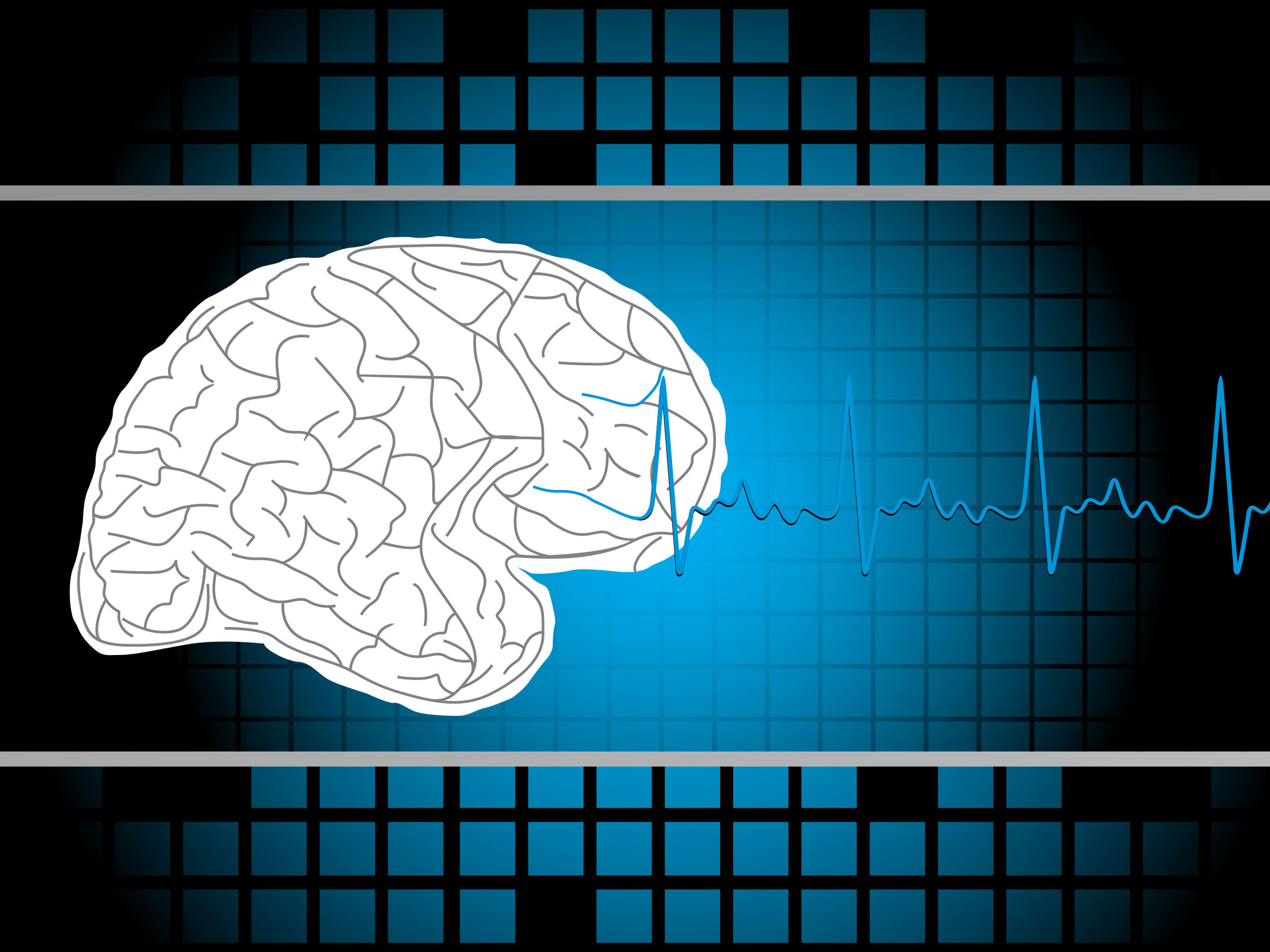
NEUROLOGIC MUSIC THERAPY
What is Neurologic Music Therapy?
Neurologic Music Therapy is defined as the therapeutic application of music to cognitive, sensory, and motor dysfunctions that come from human nervous system. NMT is based on a neuroscience model of music perception and production and the influence of music on functional changes in nonmusical brain and behavior functions. Treatment techniques in NMT are based on scientific research and are directed towards functional therapeutic goals. Treatment techniques are standardized and applied to therapy as Therapeutic Music Interventions, which are adaptable to the patient’s needs. In addition to music therapy training, Neurologic Music Therapists are educated in the areas of neuroanatomy/physiology, brain pathologies, medical terminology, and rehabilitation of cognitive and/or motor functions. (Thaut, Michael “Training Manual for Neurologic Music Therapy).
Neurologic Music Therapy (NMT) is a research-based system of 20 standardized clinical techniques for sensorimotor training, speech and language training, and cognitive training. It’s treatment techniques are based on the scientific knowledge in music perception and production and the effects thereof on nonmusical brain and behavior functions. Populations served by Neurologic Music Therapists include, but are not limited to: stroke, traumatic brain injury, Parkinson’s and Huntington’s disease, cerebral palsy, Alzheimer’s disease, autism, and other neurological diseases affecting cognition, movement, and communication (e.g., MS, Muscular Dystrophy, etc). NMT encompasses neurologic rehabilitation, neuropediatric, neuropsychiatric, neurogeriatric, and neurodevelopmental therapy. Therapeutic goals and interventions address rehabilitation, development, and maintenance of functional behaviors (Thaut,2015).
WHO CAN BENEFIT FROM NMT?
Individuals with any of the following:
Alzheimer’s disease
Autism
Cerebral Palsy
Huntington’s Disease
Parkinson’s Disease
Stroke
Traumatic Brain Injury
Other neurological diseases affecting cognition, movement and communication

